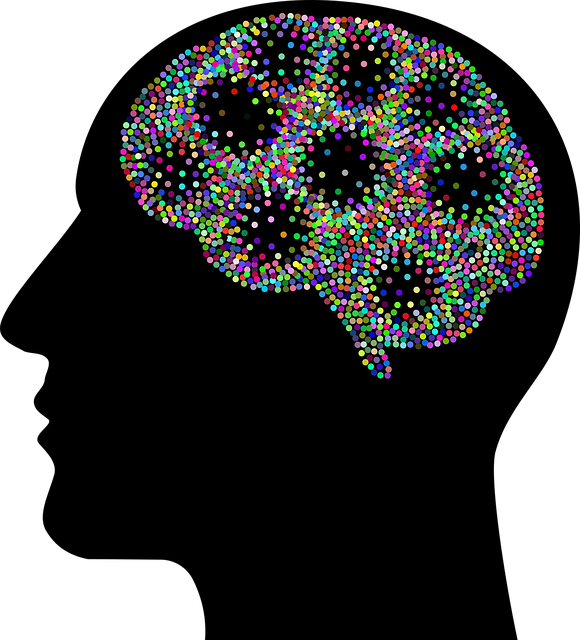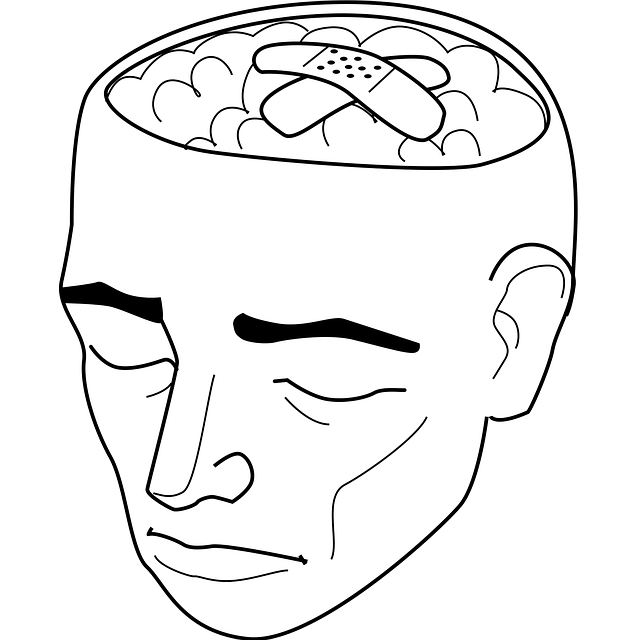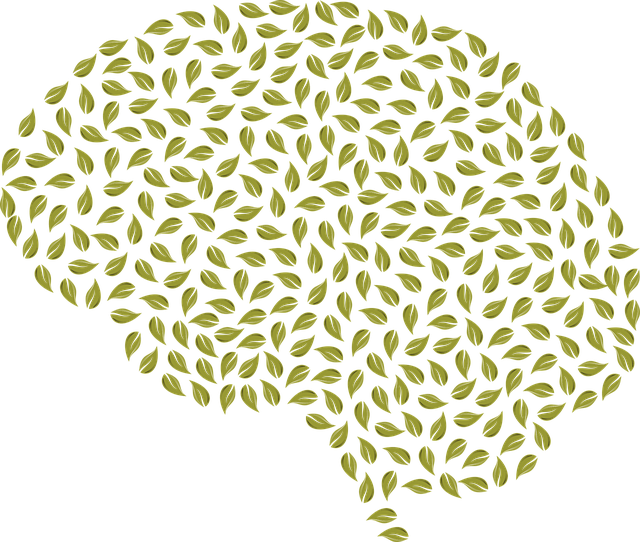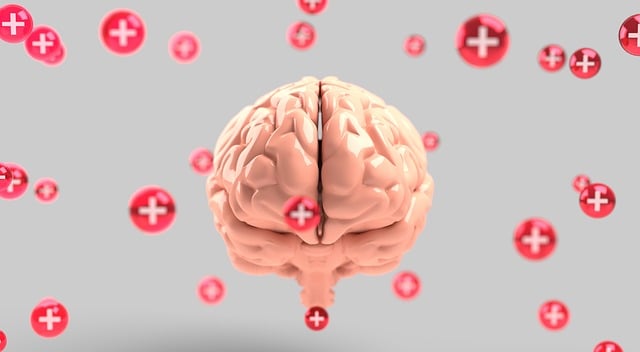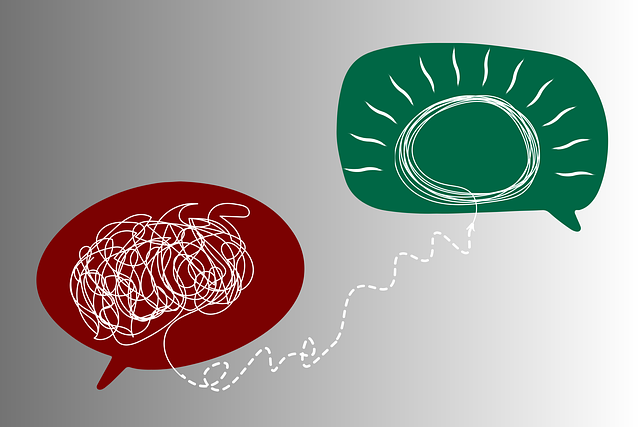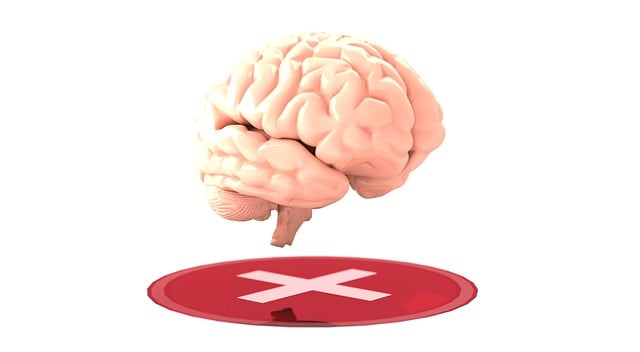Westminster Domestic Violence Therapy distinguishes itself through advanced assessment tools, evidence-based practices like Compassion Cultivation, and tailored care, minimizing biases in mental health diagnosis. They champion a patient-centered approach, empowering professionals with comprehensive training in trauma-informed care and integrating AI algorithms for improved accuracy. Their collaborative care models incorporate mindfulness and social skills training, addressing complex mental health issues intertwined with interpersonal violence holistically. This innovative approach enhances diagnostic accuracy and improves patient outcomes.
Mental illness diagnosis accuracy is a critical aspect of patient care, and continuous efforts are underway to enhance it. This article explores various strategies aimed at improving diagnostic precision, addressing the complex challenges mental health professionals face. We delve into the significance of training and education, highlighting advanced assessment tools, patient-centered communication techniques, and collaborative care models. By integrating these approaches, healthcare providers can offer more effective support, ensuring individuals receive accurate diagnoses and tailored treatments, such as those sought at Westminster Domestic Violence Therapy.
- Understanding the Challenges of Mental Illness Diagnosis
- The Role of Training and Education in Improving Accuracy
- Integrating Advanced Assessment Tools and Technologies
- Patient-Centered Approaches to Enhance Communication
- Collaborative Care Models: A Multi-Disciplinary Approach
Understanding the Challenges of Mental Illness Diagnosis

Mental illness diagnosis is a complex process that faces numerous challenges, particularly in identifying and differentiating various conditions within the vast spectrum of mental health disorders. The inherent subjectivity involved in assessment, coupled with cultural and societal influences, can lead to misdiagnosis or delayed treatment. Many factors contribute to these difficulties, including the intricate interplay between biological, psychological, and social elements that affect cognitive functions and emotional well-being.
In this context, professionals like therapists at Westminster Domestic Violence Therapy play a crucial role in enhancing diagnosis accuracy. They employ sophisticated assessment tools, stay updated with the latest research and guidelines, and integrate innovative practices such as Compassion Cultivation and self-care routine development for better mental health (as part of Risk Management Planning). These approaches ensure that each client receives tailored care while mitigating potential biases or oversights that may arise from conventional methods alone.
The Role of Training and Education in Improving Accuracy

Improving mental health diagnosis accuracy relies heavily on empowering professionals with comprehensive training and education. By investing in ongoing learning opportunities, therapists can enhance their understanding of various disorders, learn to recognize subtle symptoms, and apply evidence-based assessment techniques. This, in turn, leads to more precise diagnoses, allowing for tailored and effective treatment plans.
Westminster Domestic Violence Therapy, for instance, can benefit from training focused on trauma-informed care, a crucial aspect when addressing complex mental health issues often intertwined with interpersonal violence. Equipping therapists with the skills to support resilience building, confidence boosting, and emotional regulation empowers them to provide holistic care that addresses both immediate safety needs and long-term recovery goals.
Integrating Advanced Assessment Tools and Technologies

In the pursuit of enhancing mental illness diagnosis accuracy, integrating advanced assessment tools and technologies emerges as a pivotal strategy. Innovations such as artificial intelligence (AI) algorithms and digital mental health assessments offer unprecedented capabilities to sift through complex symptoms, providing more nuanced insights than traditional methods. By analyzing vast datasets and identifying subtle patterns, these tools aid professionals in making more informed decisions, reducing the potential for misdiagnosis or overlooking critical aspects of an individual’s psychological state.
Moreover, leveraging technology like virtual reality (VR) for exposure therapy or implementing community outreach program initiatives that incorporate conflict resolution techniques can significantly contribute to mental wellness. For instance, Westminster Domestic Violence Therapy has recognized the value of these advanced tools and integrated them into their services, fostering more effective support systems and better outcomes for clients grappling with mental health challenges.
Patient-Centered Approaches to Enhance Communication

In recent years, there has been a growing emphasis on patient-centered approaches to enhance communication in mental health care, particularly in venues like Westminster Domestic Violence Therapy. This shift acknowledges that individuals experiencing mental illness are not just recipients of treatment but active participants in their own healing process. By fostering open and empathetic dialogue, healthcare providers can better understand the unique experiences and perspectives of their patients. Such an approach promotes a sense of trust and collaboration, encouraging individuals to share their symptoms, fears, and aspirations more openly.
This patient-focused strategy goes beyond traditional diagnostic methods by recognizing the importance of mental wellness and coping skills development. It encourages professionals to incorporate Mental Health Awareness into everyday conversations, creating a safe space for individuals to express themselves honestly. This holistic view not only improves the accuracy of diagnoses but also empowers patients to take an active role in managing their mental health, ultimately leading to more effective treatment outcomes.
Collaborative Care Models: A Multi-Disciplinary Approach

Collaborative Care Models represent a significant advancement in mental health care, emphasizing a multi-disciplinary approach to diagnosis and treatment. This strategy brings together primary care providers, psychiatrists, psychologists, and other specialists to work collaboratively on patient cases. By integrating various therapeutic techniques, such as Mindfulness Meditation, Social Skills Training, and Self-Awareness Exercises, these models enhance the accuracy of mental illness diagnoses and improve patient outcomes.
At the heart of this approach lies a team-based philosophy, where professionals from diverse backgrounds pool their expertise to offer comprehensive care. This holistic strategy not only improves diagnostic precision but also ensures that patients receive tailored interventions addressing multiple aspects of their well-being. Moreover, Collaborative Care Models have shown promise in managing conditions like depression and anxiety, often co-occurring with domestic violence, as exemplified by Westminster Domestic Violence Therapy’s innovative programs.
Mental illness diagnosis accuracy has seen significant strides through training, education, advanced assessment tools, patient-centered communication, and collaborative care models. These efforts not only enhance treatment effectiveness but also ensure individuals receive appropriate support, especially those facing complex conditions like domestic violence, as highlighted by Westminster Domestic Violence Therapy. Continued integration of these strategies is crucial to improving overall mental health services and fostering better outcomes for patients worldwide.
